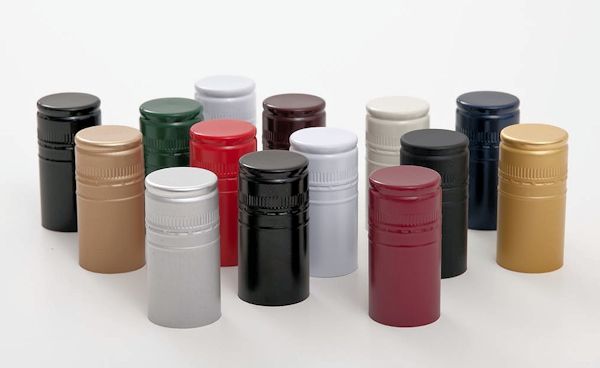stickman
Veteran Winemaker
- Joined
- Jun 16, 2014
- Messages
- 1,930
- Reaction score
- 2,248
Just curious how many members have experienced, or think they've experienced, cork taint.
I've been making wine for 29yrs now, and last night was the first time for me where I feel confident I experienced cork taint. Knowing what I know now, I think 20 years ago I had an entire batch that was affected by contaminated corks, but at the time I didn't know what I was smelling or tasting, thought it might be just poor winemaking.
Last night, sitting out on the neighbor's patio, I decided to open one of my last two bottles of 2013 Zinfandel, my neighbor noticed the aroma was off right away, I thought maybe it needed a little air, but after a few minutes I also concluded there was a problem. All of the other bottles of this wine had been very good, so this was unusual. I decided there was nothing else to do but open the last bottle, it was wonderful as expected, nice blend of fruit and tannin, and doing a side by side comparison with the suspect wine was very revealing, the contaminating odor was obvious. The odor remains difficult to describe, a little like the first odor from concrete during a light rain but with a hint of disinfectant. This makes no sense, but it smells like the way you might "think" a cork smells.
My records aren't good enough to determine specifically where the corks were purchased, but I've only used two suppliers, Scott Labs UF Sterisun grade, and Morewine grade 3. Given the number of years I've been making wine, this seems to be a rare occurrence and not really a big deal. Is it time to switch to one of the so called TCA free corks?
I've been making wine for 29yrs now, and last night was the first time for me where I feel confident I experienced cork taint. Knowing what I know now, I think 20 years ago I had an entire batch that was affected by contaminated corks, but at the time I didn't know what I was smelling or tasting, thought it might be just poor winemaking.
Last night, sitting out on the neighbor's patio, I decided to open one of my last two bottles of 2013 Zinfandel, my neighbor noticed the aroma was off right away, I thought maybe it needed a little air, but after a few minutes I also concluded there was a problem. All of the other bottles of this wine had been very good, so this was unusual. I decided there was nothing else to do but open the last bottle, it was wonderful as expected, nice blend of fruit and tannin, and doing a side by side comparison with the suspect wine was very revealing, the contaminating odor was obvious. The odor remains difficult to describe, a little like the first odor from concrete during a light rain but with a hint of disinfectant. This makes no sense, but it smells like the way you might "think" a cork smells.
My records aren't good enough to determine specifically where the corks were purchased, but I've only used two suppliers, Scott Labs UF Sterisun grade, and Morewine grade 3. Given the number of years I've been making wine, this seems to be a rare occurrence and not really a big deal. Is it time to switch to one of the so called TCA free corks?



























![[Upgraded] 9Pcs Tree Root Growing Box with Drain Holes, Half Transparent Plant Rooting Propagation Ball & Metal Core Twist Ties, for Fast Propagation Plants (Size M)](https://m.media-amazon.com/images/I/514MWQxtWOL._SL500_.jpg)




























